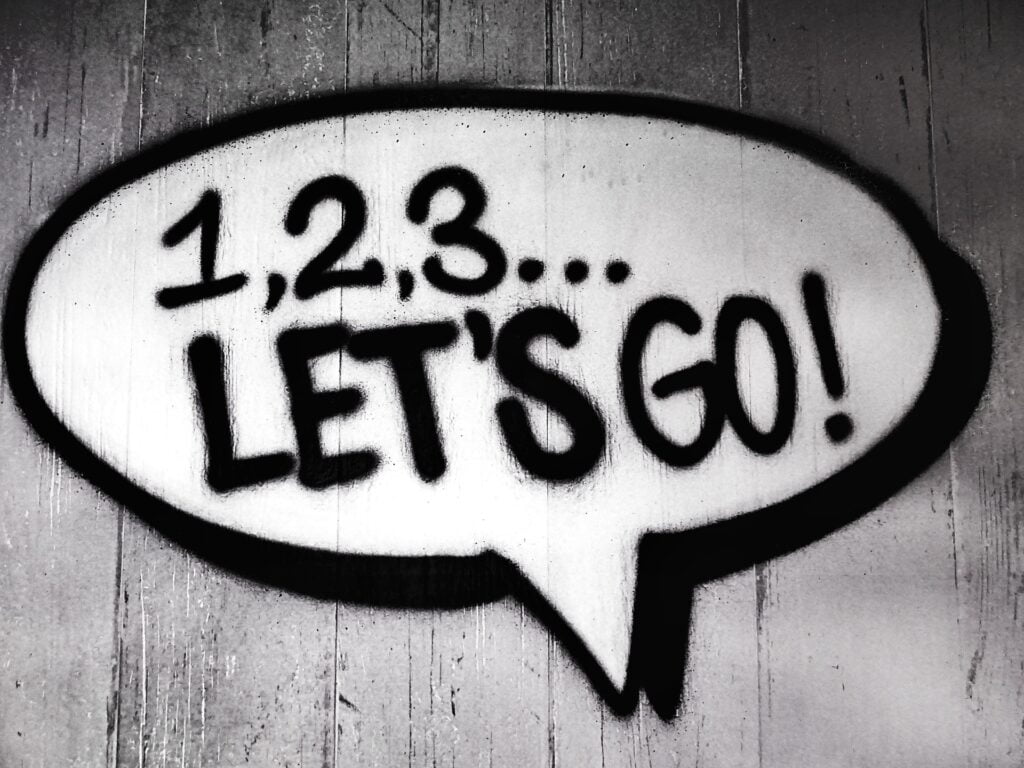The Unsung Heroes of Our Lives: The Power of Friendship
In a world that often feels increasingly isolated, the importance of friendship shines brighter than ever. Friends are the family we choose, the confidants who share our laughter and tears, and the pillars of support that hold us up when life gets tough. They are the glue that binds our communities together, creating a tapestry of shared experiences and unwavering loyalty. The Evolution of Friendship Friendship is a dynamic relationship that evolves over time. From the carefree bonds forged in childhood to the deep connections cultivated in adulthood, friendships shape who we become. As we navigate life’s complexities, our friend circles may expand or contract, but the core value of companionship remains constant. * Childhood Friendships: These early connections often lay the foundation for our social skills and sense of belonging. Shared adventures, secrets, and laughter create a bond that can last a lifetime. I remember as a child, I was a quiet observer, with the keenest of imaginations. I loved reading stories, drawing pictures, and getting lost in my own little worlds. Needless to say, making friends was a little difficult, and the right friend would need to come along and see how special I was as a friend. When June came into my life, it was amazing. I remember talking to her for hours at school, over the phone, well, everywhere. We were chatterboxes. We had so much in common: music, books, movies, drawing, etc. Although she did not share my love and passion for creating worlds with imagination, she respected that it was something I liked to do and did not tease or make fun of me. * Teenage Friendships: As we explore our identities, friendships become a safe space to experiment, make mistakes, and find our place in the world. * Adult Friendships: With careers, families, and responsibilities taking center stage, adult friendships may require more intentional effort. However, these connections can be incredibly rewarding, offering support, wisdom, and shared life experiences. The Benefits of Strong FriendshipsBeyond providing companionship and enjoyment, strong friendships offer a multitude of benefits for our overall well-being: * Emotional Support: Friends are our listening ears, offering empathy, understanding, and encouragement during challenging times. * Improved Mental Health: Sharing laughter, joy, and support with friends can boost our mood, reduce stress, and protect against depression and anxiety. * Enhanced Physical Health: Friends can motivate us to exercise, eat healthily, and make positive lifestyle choices. * Personal Growth: Through shared experiences and different perspectives, friendships help us learn and grow as individuals. Nurturing and Maintaining Friendships Building and maintaining strong friendships requires effort and dedication. Here are some tips for nurturing these precious relationships: * Open Communication: Honest and open communication is essential for building trust and understanding. * Quality Time: Make time for regular social interactions, whether it’s a coffee date, a phone call, or a shared activity. * Active Listening: Show genuine interest in your friends’ lives and be present when they need you. * Support and Encouragement: Be there for your friends through thick and thin, offering support and celebrating their successes. * Forgiveness: Friendships are not without their challenges. Learning to forgive and move forward is crucial for maintaining strong bonds. Friendship in the Digital Age While technology has transformed the way we connect, it’s important to remember that genuine friendship requires face-to-face interaction. While social media can be a valuable tool for staying connected, it should not replace meaningful in-person relationships. In a world that often prioritizes productivity and achievement, let’s not forget the power of friendship. These connections enrich our lives in countless ways, providing us with a sense of belonging, support, and joy. So, cherish your friends, invest in these relationships, and let the magic of friendship unfold.
The Unsung Heroes of Our Lives: The Power of Friendship Read More »


